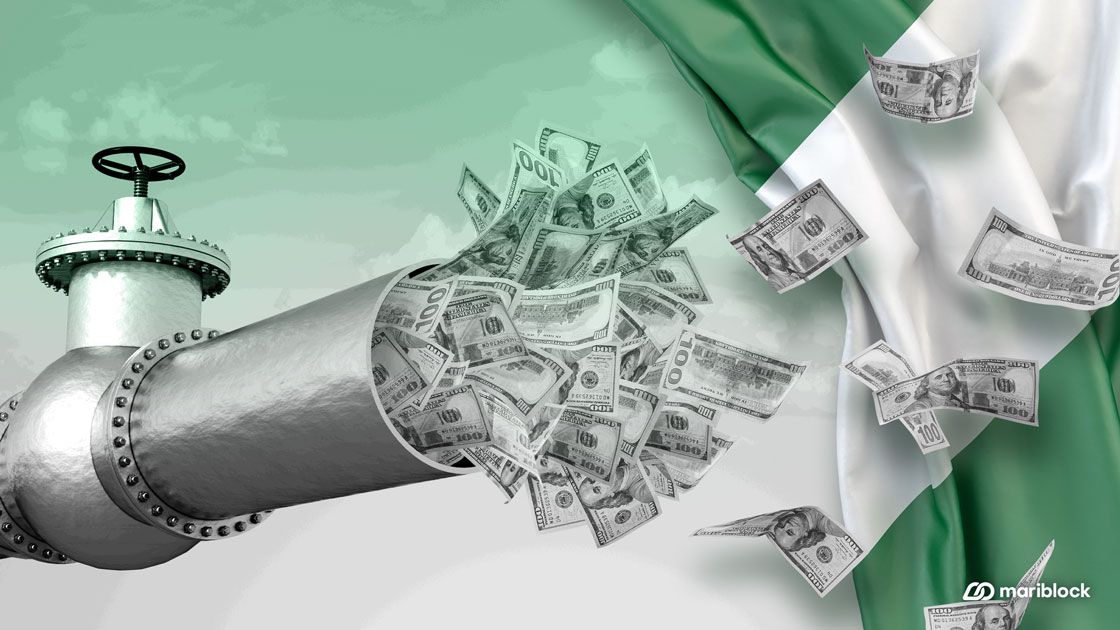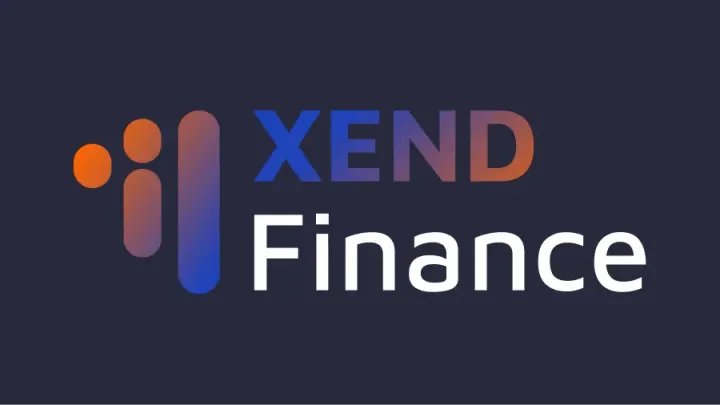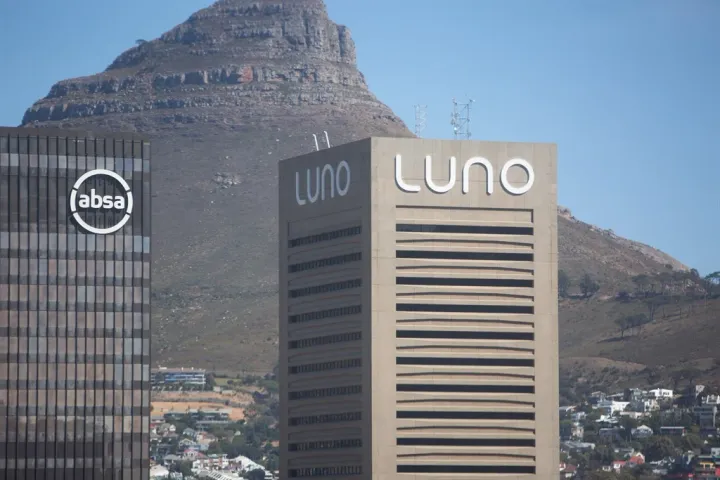Nigeria is expecting $10 billion forex liquidity ‘within weeks,’ finance minister says
The naira has been on a free fall due to foreign exchange shortfalls. The government is looking to fill the gap with the expected inflow.

Nigeria is expecting an inflow of up to $10 billion within weeks to inject liquidity in the foreign exchange (forex) market and arrest the free-falling naira. In addition, the country is looking to implement new reforms to shore up its forex market, government officials said at the Nigerian Economic Summit held in Abuja on Oct. 23.
Topline
According to Finance Minister Wale Edun, the Nigerian government expects the $10 billion inflow from sources including:
- Forex supply from the Nigerian National Petroleum Commission.
- Increased production, reduced expenditure and forward sales.
The government has also reached agreements with unnamed sovereign wealth funds that are ready to invest in Nigeria, the minister added.
Key quote:
- Edun said:
“From the supply of foreign exchange from the NNPC, increased production [and] reduced expenditure, from transactions such as forward sales, from our discussions with sovereign wealth funds that are ready to invest and provide advanced funding alongside that investment, there is a line of sight on $10 billion worth of inflow of foreign exchange … in weeks rather than months.”
Dive deeper
The inflow is expected to provide much-needed liquidity to the foreign exchange market and prop up the naira, which has seen record devaluation in recent months due to a shortage of USD in circulation.
- The naira, which has been on a downward spiral since the new administration implemented forex reforms shortly after it assumed office in May, reached new lows this month.
- On Thursday, Oct. 19, the naira traded at a record low of 999 to the official market and 1,225 to the dollar on Oct. 23 on the parallel market.
More reforms: The Nigerian government also plans to implement additional forex reforms. This includes the simplification and digitalization of the foreign exchange market.
- The chairman of the presidential committee on fiscal policy and tax reforms, Taiwo Oyedele, speaking at the same event, said bureau de change operators and fintech companies will be included in the official foreign exchange market as part of the new forex reforms.
- According to Edun, Nigerian authorities could allow domestic entities to issue foreign exchange instruments as part of the new reforms.
- Significantly, trade in the parallel market could also become illegal.
- Neither of the officials provided a specific timeline for implementing these reforms.
Key quotes
- Speaking on the planned reforms, Edun said:
“The market is illiquid. It is not functioning properly because there is not enough supply of foreign exchange. As part of a wider review, there is a revamping of the foreign exchange market such that the foreign exchange market will be simplified, it will be digitalized and it will be reformed.”
Expert opinion
- Economic analysts and experts have expressed their opinions on the planned reforms and expected inflows.
- X user and economic analyst Kelvin Emmanuel believes the Nigerian government expects the inflows to come from a resource-backed loan classified as securities lending from its external asset manager, Goldman Sachs.
Resource backed loan from Goldman Sachs that can be classified as securities lending,
— Kelvin. (@realkelvin07) October 23, 2023
Goldman Sachs is an external asset manager to the CBN, so using NNPC's account that CBN manages with Goldman as an unsecured credit line to tap $10bn for the purposes of clearing outstanding https://t.co/yZz0XrHFCG
- Venture Capitalist Ndubuisi Ekekwe said he believes the move may provide a short-term relief for the naira. However, he questioned the government’s plan to maintain the naira’s stability in the long term.
Forex players, there is a warning shot in the land: "Nigeria is poised to receive an anticipated $10 billion of inflows in the coming weeks, providing much-needed relief to a liquidity squeeze that has been adversely affecting the naira. Finance Minister Wale Edun affirmed at the… pic.twitter.com/DQ1GeLpoCK
— Ndubuisi Ekekwe (@ndekekwe) October 24, 2023
- Regarding the source of the expected inflow, Ekekwe held views similar to Emmanuel’s, believing that the Nigerian government is seeking to take a loan against its oil revenue in future months.
“I posit that the government will likely have a forward contract with JP Morgan Chase, Goldman Sachs, etc, to give it $10 billion with crude oil revenue used as the securities. If that happens, for a few months, oil sales will be used to pay the loan. Strategically, the real solution cannot come from this stopgap …”
Before now
- This is not the first time the Nigerian government has expressed grand hopes for inflow of foreign exchange into the country.
- In July, the group general manager of the Nigerian Upstream Investment Services (NUIS), Bala Wunti, said Nigeria can expect up to $20 billion in foreign direct investment (FDI) before the end of next year.
- Wunti attributed this to the resurrection of abandoned oil projects.
- Last week, Edun also announced that Nigeria is in talks to finalize a $1.5 billion loan from the World Bank to address its economic woes as the West African country’s debt portfolio grows and its economy shrinks further.



